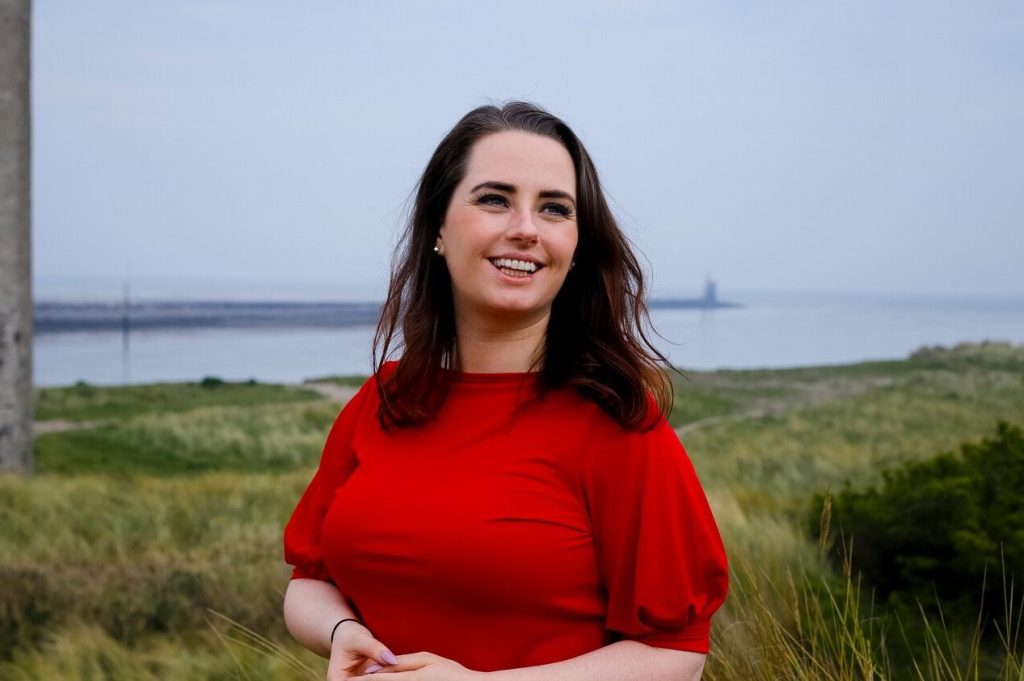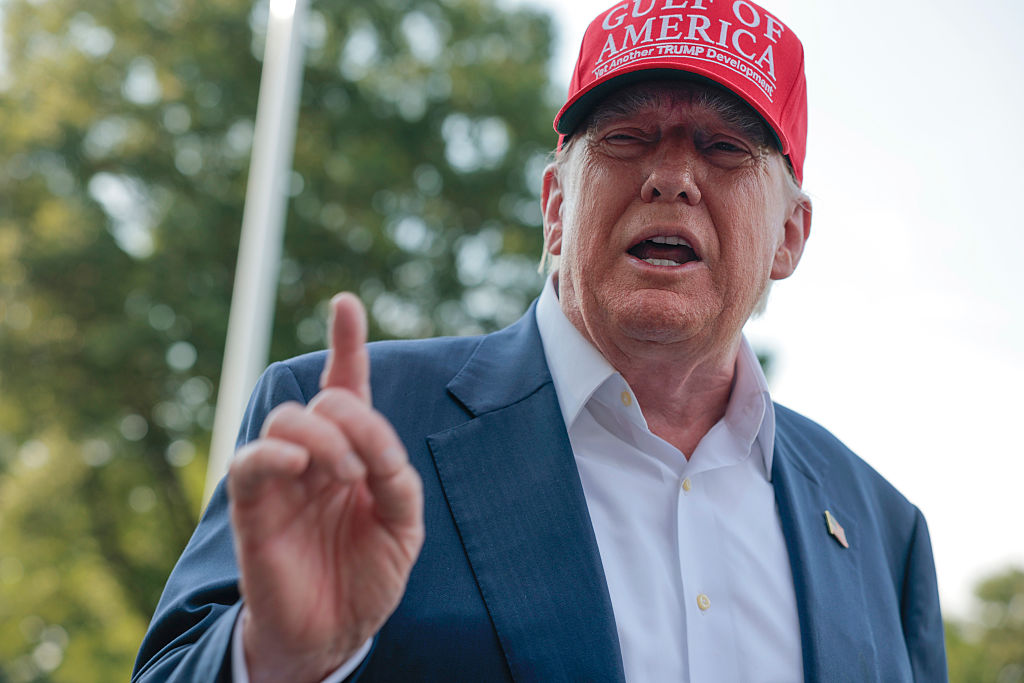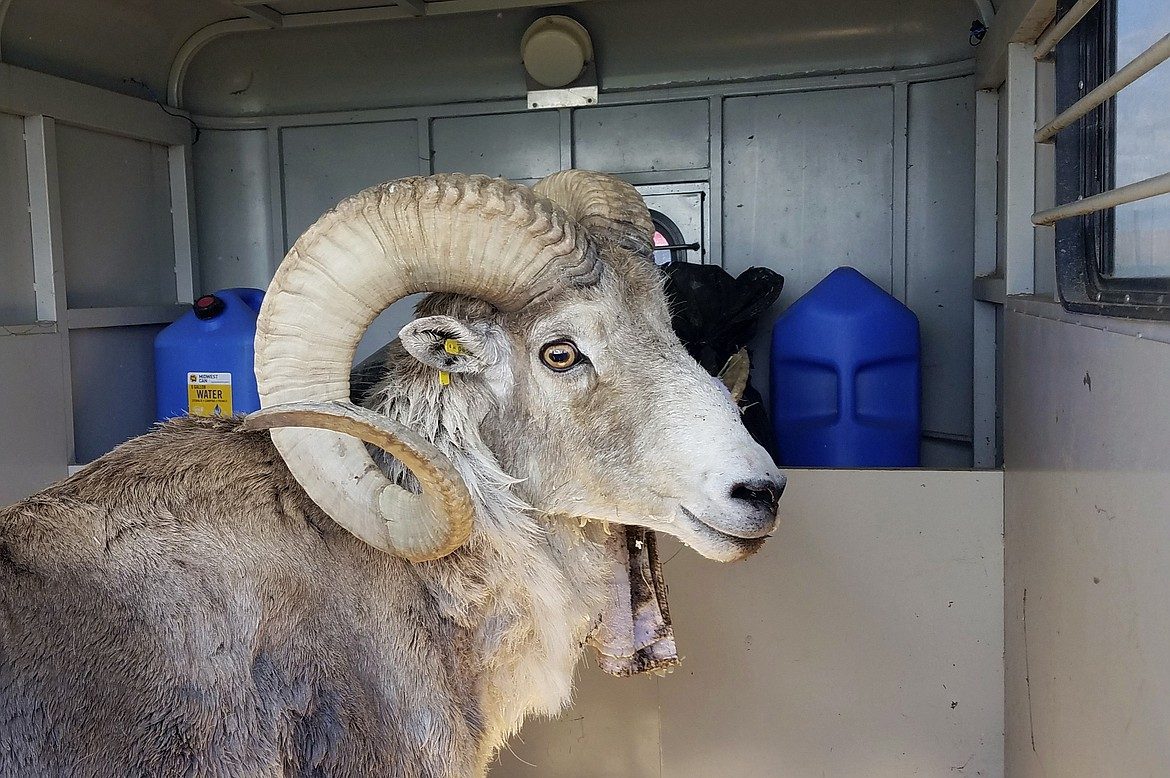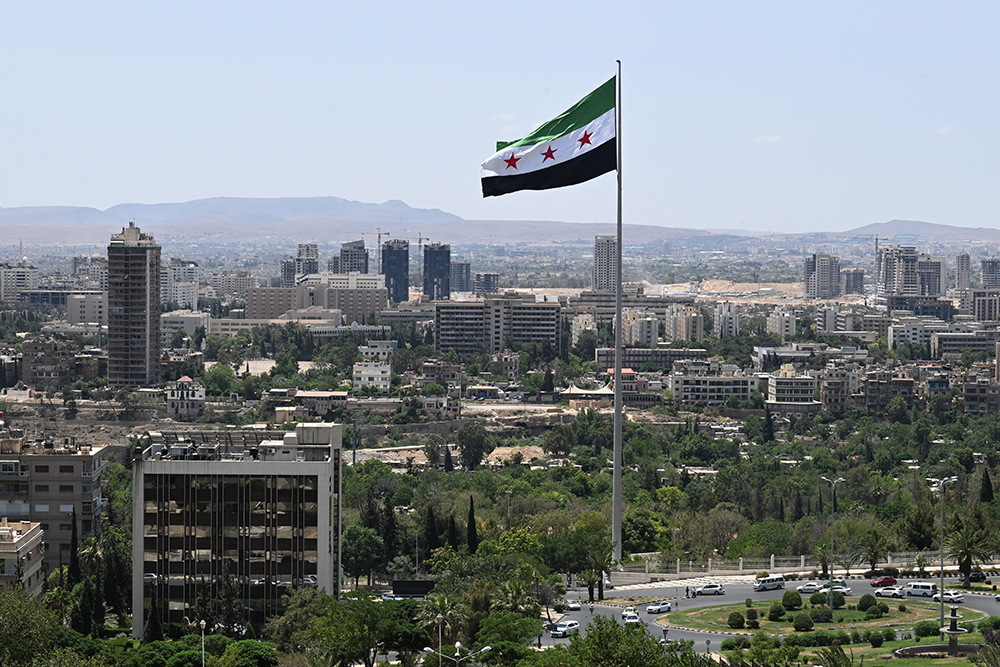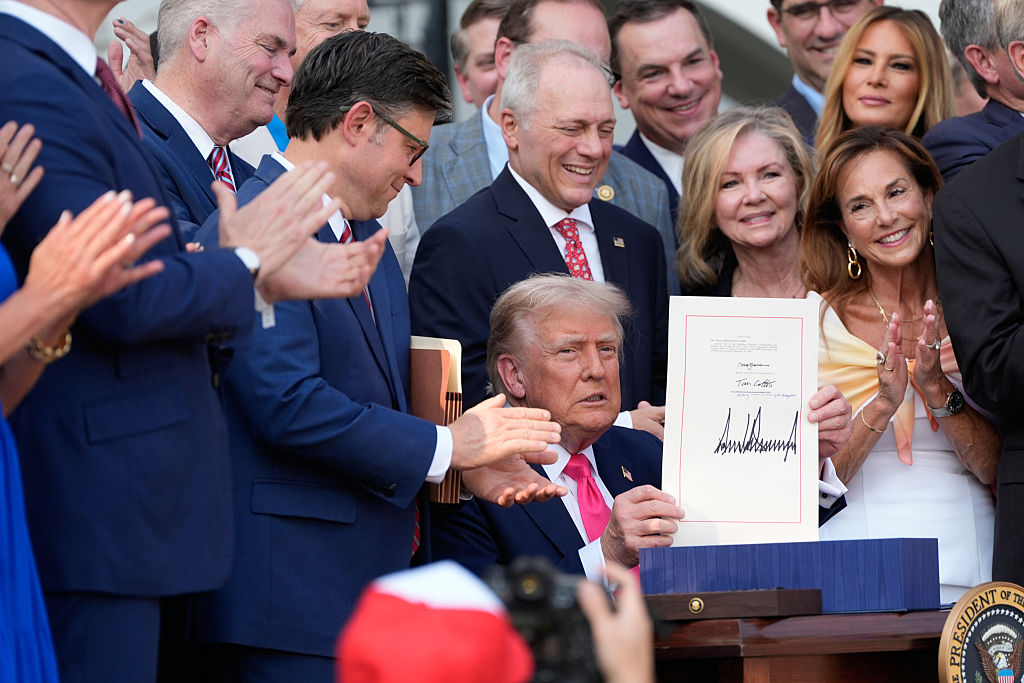An open letter signed by major Irish NGOs — including Amnesty International (AI) and the National Women’s Council (NWC) has called for the removal of media and political representation for women who won’t capitulate to the demands of extreme trans activists.
‘We call on media, and politicians to no longer provide legitimate representation for those that share bigoted beliefs, that are aligned with far right ideologies and seek nothing but harm and division,’ reads the letter. ‘These fringe internet accounts stand against affirmative medical care of transgender people, and they stand against the right to self-identification of transgender people in this country… they stand against trans, women’s and gay rights by aligning themselves with far-right tropes and stances.’
The attack on women’s rights and liberal values is so extreme the involvement of AI has prompted its founder’s granddaughter to speak out. Iseult White tells me how proud she has always been of her grandfather, Seán MacBride, who co-founded AI in 1961 to fight for the rights of peaceful prisoners of conscience imprisoned for opinions honestly held. But today, White is a vocal and out-spoken critic of AI, ‘deeply upset’ on reading the open letter and seeing that AI had signed and promoted it.
‘The signatories seek to deny “legitimate representation” to some in Irish society,’ says White. ‘They give the full imprimatur of their 60 years as a global and respected human rights organization to this letter, communicating to government, media and citizens that it is right and proper to silence and delegitimize people who hold views that are uncontroversial but differ to the beliefs of the particular community represented in the letter.’
White tells me she couldn’t let the letter go unchallenged as it is a ‘powerful weapon’ used to silence individuals and prevent public debate. ‘The letter is illiberal, anti-democracy and has a chilling effect on civil society,’ says White. ‘When such a letter is viewed in the context of proposed hate-crime legislation it becomes even more important to examine the potential consequences.’ Trans rights have trumped women’s rights in the Republic of Ireland. The Gender Recognition Act, which dropped the requirement for medical evidence in proceedings establishing gender, passed in May 2015, three years before women had a legal right to abortion. The lower house of parliament, the Dáil, was almost completely made up of men. Meanwhile, Labour senator Annie Hoey told ‘TERFs’ (‘trans-exclusionary radical feminists’) on Twitter to suck coal last October. When these are the people in charge, heaven help women.
Feminists have long known Amnesty International has no interest in supporting the rights of women and girls: AI seeks to decriminalize the sex trade while prioritizing the rights of pimps and punters. It supported the amendments to the Gender Recognition Bill, again prioritizing the rights of men, and, to add insult to injury, booked Shon Faye as headline speaker at its 2018 Women Making History festival — despite Shon having lived as a man until relatively recently.
Dr Christine Gaffney is a social scientist specializing in gender equality and a member of Lesbian Gay Bisexual Alliance Ireland (LGBAI). She is furious about Amnesty’s latest stance: ‘Why have human rights organizations like Amnesty abandoned women and girls? Is it simply policy capture? Either way, they have sold women out.’Rachel Moran is an Irish writer and feminist who’s spent 10 years campaigning for global women’s rights. What she has to say about the NWC is no more flattering than White’s assessment of AI.
‘The idea that the NWC speaks for Irish women is laughable. They have dismissed, sidestepped and flat-out ignored direct questions regarding the adult male sex offenders walking around the women’s wings of our Irish jails,’ says Moran. ‘To refuse to address this is reprehensible, and classist to the core.’ Moran is right. The women in Mount joy and Limerick prisons are among the most vulnerable in society, and the vast majority have been sexually violated by men. ‘An organization that willfully ignores the psychological violence of incarcerating women alongside sex-offending men has no right pretending to speak on behalf of women,’ says Moran. She calls the NWC-signed letter ‘a direct and totalitarian act of aggression and a staggering betrayal of Irish women’.
There are any number of stories about biological males who assume ‘transgender’ identity to gain access to vulnerable females, but Barbie Kardashian, with a violent history since childhood, completely abused the system.
At 17 Kardashian left a female social worker with torn eyelids and clumps of hair pulled from her scalp. At 18, in September 2020, Kardashian appeared before Limerick District Court charged with four counts of making threats to kill or cause serious harm. Police told the court that Kardashian was ‘born a male but identifies as a female’. Kardashian has not undergone any medical transition and has never ‘lived as a woman’. Kardashian’s lawyer Michèle Finan said her client would be ‘exceptionally vulnerable in a prison setting’ and is ‘very anxious she be detained in a prison facility for females, as she identifies as female’.
Irish women are up in arms that the most basic of human rights, to safety, should be openly challenged by the world’s largest human rights organization and other groups that claim they exist to promote and protect women. In many ways, lesbians are the canaries in this coal mine, but other minority and socially excluded groups of women are disproportionately affected by extremist gender-identity ideology.
For Ceri Black, a founder of LGBAI, extreme transgender ideology leads to the bullying and silencing of lesbians. Black says the women supporting the notion that ‘trans women are women’ are the most privileged, with the least to lose.
‘To hear rich, white, self-proclaimed “feminists” expound from inside their gated communities and ivory towers the thesis that trans women are women and belong in women’s spaces sticks in my throat. It is the absolute definition of elitism. There they sit, smugly proclaiming, facing none of the consequences of their dangerous words. “For thee, peasant, not for me.”’
This article was originally published in The Spectator’s March 2021 US edition.



